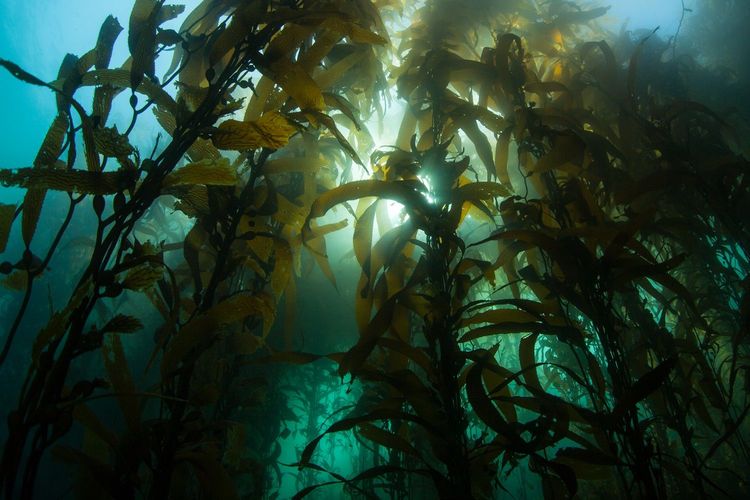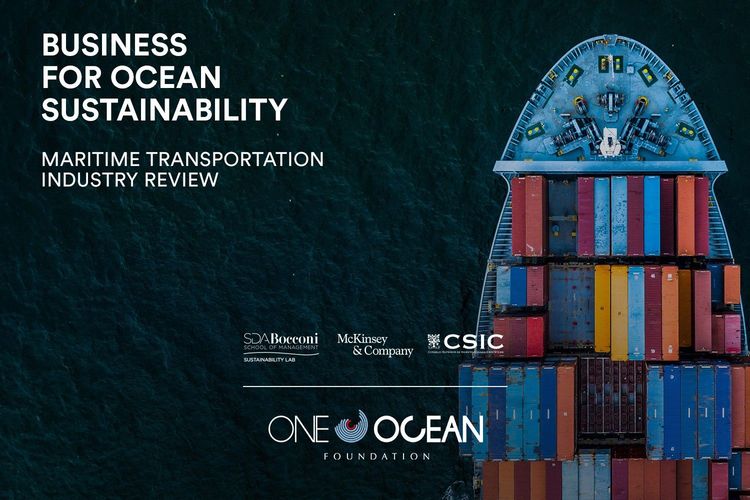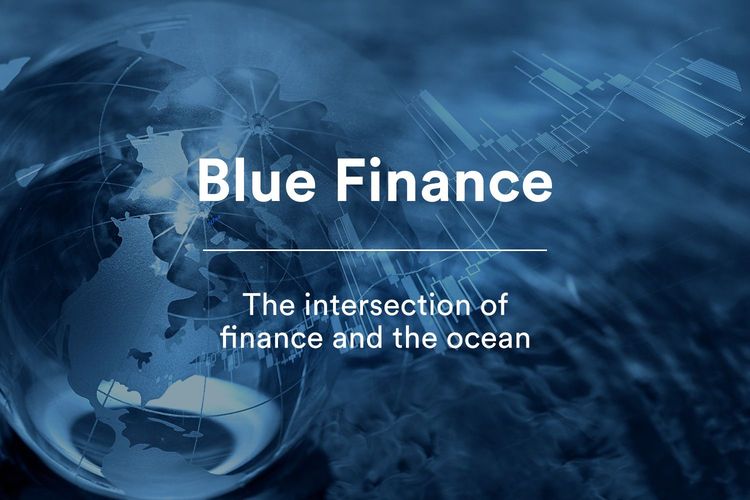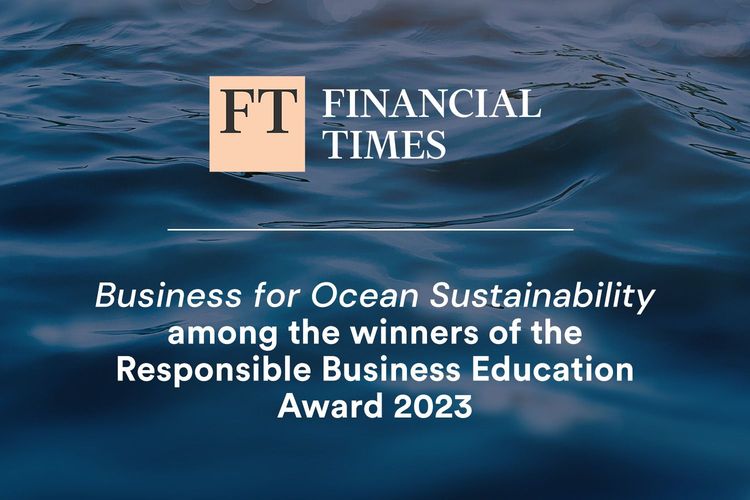
In an era marked by environmental challenges and a growing global population, a surprising ally could be represented by seaweed. Often overlooked, these versatile organisms can offer innovative solutions that could revolutionize our approach to food, energy, and environmental sustainability.
The “seaweed revolution” is not just a step towards better health and sustainability; it is a cultural shift towards a more conscious and responsible way of living. From nutrition and medicine to marine biotechnology and ocean conservation, algae offer infinite possibilities for innovation and concrete solutions to the significant issues of our generation.
A Nutritional Powerhouse
Recent data from the Food and Agriculture Organization (FAO) reveals a significant rise in global seaweed cultivation, and this trend is expected to intensify in the coming years. Indeed, the nutritional profile of algae is impressive. They are rich in proteins, vitamins, minerals, and essential fatty acids. Spirulina and chlorella, for instance, are renowned for their high protein content and are considered superfoods. These algae are valuable for vegans and vegetarians as they provide essential nutrients such as Vitamin B12, iron, and omega-3 fatty acids, which often lack plant-based diets.
Sustainable Food Production
Beyond their nutritional benefits, seaweeds present a sustainable solution for food production. They can be cultivated in various environments, including freshwater, saltwater, and even wastewater, making them highly adaptable. Unlike traditional agriculture, seaweed farming does not require arable land, reducing the strain on our already limited farmland. Moreover, algae grow rapidly and can be harvested frequently, providing a continuous and reliable food source that could help address global food security issues.
Environmental and Economic Benefits of Algae
Environmentally, the benefits of seaweed cultivation are profound. Algae absorb carbon dioxide during photosynthesis, which helps mitigate climate change by reducing greenhouse gas concentrations in the atmosphere. Additionally, they can be used in wastewater treatment to remove toxins and pollutants, thus contributing to cleaner water systems. Seaweeds offer additional environmental benefits by providing habitats and food for marine species and improving water quality by removing excess nutrients from the water.
The economic potential of algae is equally significant. Seaweed farming, for example, provides employment opportunities and generates income for coastal communities. Tens of thousands of households, particularly in coastal areas, benefit from the socio-economic advantages of seaweed cultivation. This industry not only supports livelihoods but also contributes to local economies, making it a vital component of sustainable development in these regions.
A Renewable Energy Source
Moreover, seaweed is being explored as a renewable energy source. Algal biofuels have the potential to replace fossil fuels, reducing our dependence on non-renewable resources and decreasing greenhouse gas emissions. The oil extracted from certain types of algae can be processed into biodiesel, offering a cleaner and more sustainable energy alternative.


